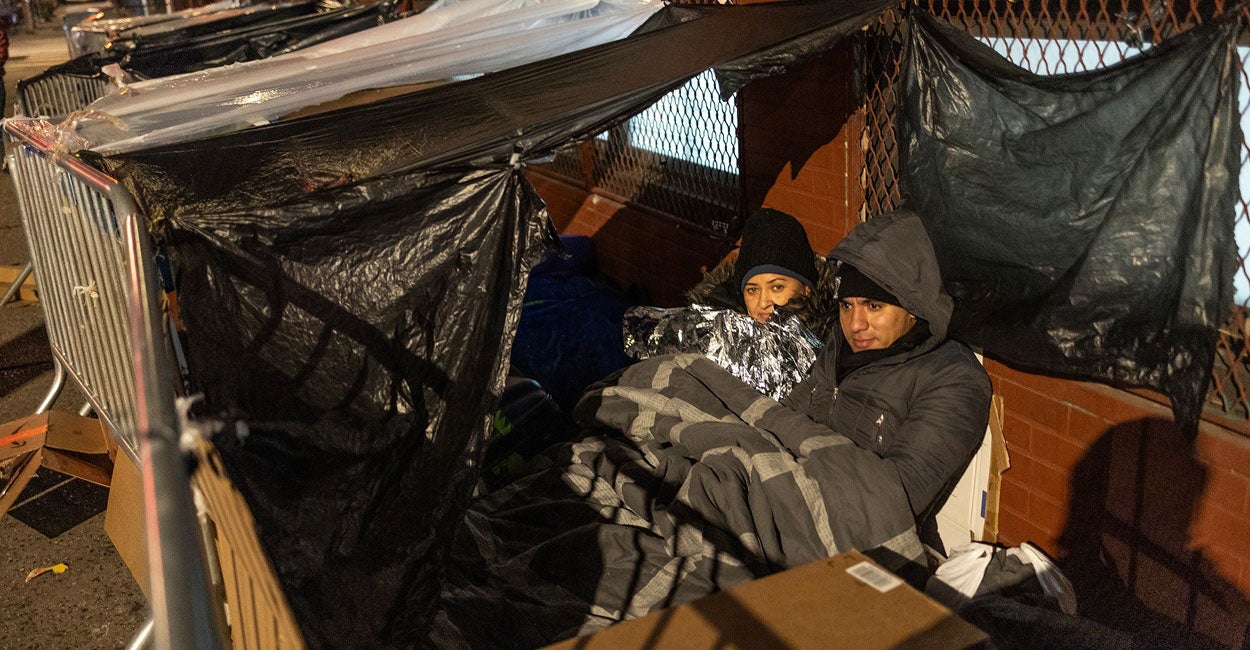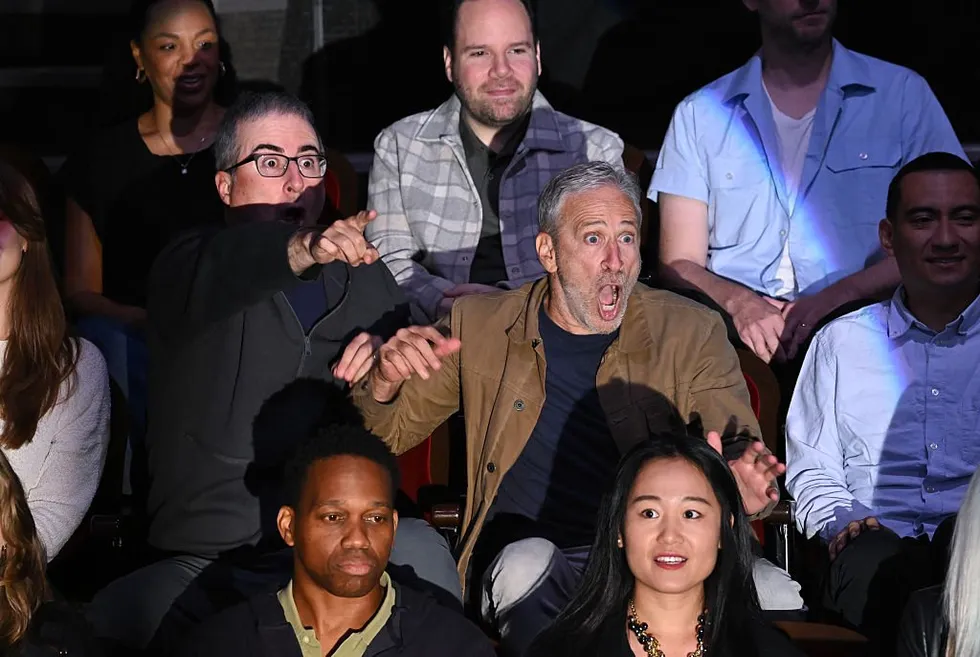Colleges Whose Students Can’t Read Books Aren’t ‘Elite’

We have a national reading problem in the U.S.
The widespread lament over the further decline in children’s reading scores underscores the failure of our country’s public schools, but the predicament is not limited to primary education. It extends all the way up into America’s elite colleges and universities as well.
A firestorm recently erupted in academic circles when The Atlantic published “The Elite College Students Who Can’t Read Books”—an impassioned critique about how the world has conspired to sap Ivy Leaguers and students at other top schools of their curiosity and attention spans.
These are bright students, mind you: kids who achieved the near-perfect SAT scores and top-of-the-class grade point averages required for admission at the legacy schools. They know how to read; they just lack the will or focus to power through anything longer than a poem or an excerpt.
While the article deals with books of all kinds, it focuses on one kind in particular—“great books”—works by authors such as Tolstoy, Austen, and Homer. Not surprisingly, the longer or more difficult the text, the less willing or able these supposedly elite students are to finish it.
Author Rose Horowitch surveys some three dozen professors from top-tier schools who either shake their fists or throw up their hands at the problem. One, a veteran Berkeley literature professor lamenting the quality of her undergraduates, captures well her peers’ sense of despair: “It’s not like I can say, ‘Okay, over the next three weeks, I expect you to read ‘The Iliad,’ because they’re not going to do it.”
The academics posit a number of possible explanations for this sad state of affairs—the dismal condition of public education, the ubiquity of digital screens, grade inflation, and diminishing educational standards—all real, and all deserving some share of the blame. Yet utterly lacking is any sense of awareness on these scholars’ part that much of the problem lies with the legacy institutions themselves.
For most of the last century, American higher education, especially the Ivy League and other elite schools, has taken an increasingly disdainful approach to the Western canon, dismissing the great works as outdated at best, if not singularly responsible for every “-ism”—past, present, and yet to be identified—to besmirch the human condition. If you spend decades denouncing the entire edifice of Western civilization as oppressive and bigoted, don’t be surprised when your students show little interest in studying its architects.
During this same period, we have also seen American higher education shift away from the sort of learning that the great books promote—broadening the mind, sharpening the intellect—in favor of a hyperspecialized, career-focused approach. Core curricula have shrunk down to very little, and sometimes nothing at all, while course catalogs have exploded with a proliferation of ever-narrower majors, minors, and electives. The result is that the academy no longer holds out any books, let alone those of the Western canon, as being especially worthy of its students’ attention. And the students have taken that message to heart.
This messaging begins well before students even arrive on campus. If being able to read difficult and great books were a requirement for admission into the Ivy League, you can rest assured that very few top students would lack that ability. Armies of private tutors would spring up to make sure that every upper-middle-class teenager in America could breeze through “War and Peace.” But when it comes to admissions, most elite schools place much less value on reading than on test-taking, résumé padding, or hitting some diversity target—and their applicants know it.
They also know that, thanks to the grade inflation that’s rampant throughout most elite schools, you don’t need to complete long reading assignments to get good grades. As Horowitch’s article points out, at Harvard, nearly 80% of grades these days fall within the A range. Yet grade inflation is a self-inflicted—and correctable—problem. If students had to finish their readings to earn a top grade at the Ivies and the other legacy schools, far more of them would.
Likewise, students will only be as distracted by their phones as colleges allow them to be. Screens are addictive by design, as we all well know. Anyone who has spent time in a classroom can tell you how destructive they are to students’ ability to focus and learn. That’s why any school that’s serious about scholarship will no more tolerate them in the classroom, in the library, or even in the dining hall than they would jackhammers or bullfighting. But to visit a lecture hall at any legacy school today is to be set adrift in a sea of screens. Why? Because the schools permit it.
We have now reached the point in this article where someone, most likely one who either works for or sends his or her children to one of these legacy institutions, insists that I am naïve and unrealistic for suggesting it could ever be otherwise. As one Columbia professor who dumbed down his syllabus pitifully explained to Horowitch, “One has to adjust to the times.”
So they say. But for 23 years, I have taught at Thomas Aquinas College, which, to its great credit, has refused to “adjust to the times” while other elite schools have lost sight of their very purpose. At Thomas Aquinas, we teach a single, integrated great books curriculum, including four years of mathematics, natural science, literature, philosophy, and theology. Book-reading is a prerequisite for admission and indispensable for graduating. We place tight restrictions on phones and don’t even offer internet access in the residence halls.
At a time when the number of college students nationwide is in decline, Thomas Aquinas is growing, having recently expanded from its California campus to a second one in Massachusetts. According to the Princeton Review, we also have some of the country’s happiest students. And they have no problem reading books—even hard ones, ancient ones, and vexing ones that challenge their assumptions and question their presuppositions.
Among those books is “The Iliad,” which the literature students at Berkeley refuse to read. At Thomas Aquinas, our freshmen are expected to have it finished before they arrive for their first class.
We publish a variety of perspectives. Nothing written here is to be construed as representing the views of The Daily Signal.
The post Colleges Whose Students Can’t Read Books Aren’t ‘Elite’ appeared first on The Daily Signal.
Originally Published at Daily Wire, Daily Signal, or The Blaze
What's Your Reaction?
 Like
0
Like
0
 Dislike
0
Dislike
0
 Love
0
Love
0
 Funny
0
Funny
0
 Angry
0
Angry
0
 Sad
0
Sad
0
 Wow
0
Wow
0











































































